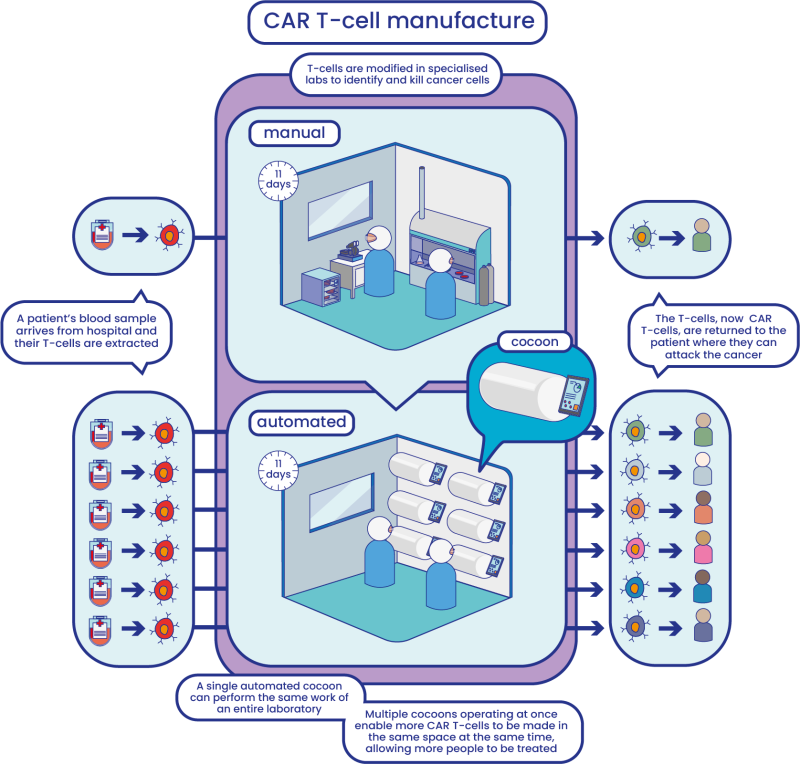16 August 2023
In a significant milestone for New Zealand’s first CAR T-cell clinical trial, partners at the Malaghan Institute and BioOra have started the clinical production of CAR T-cells using a new automated process – a shift that is key to scaling up this ground-breaking cancer therapy in New Zealand and “taking it to the people,” says Malaghan Institute Director Professor Graham Le Gros.
“This isn’t just a process change, this is a step change, it’s about democratising a cutting-edge cancer therapy that New Zealanders deserve to have access to, and reducing inequities in cancer outcomes.”
Malaghan Institute Clinical Director Dr Robert Weinkove says moving manufacture from a time-intensive manual process to an automated one will allow the team to manufacture CAR T-cells more consistently and at scale.
“This automation is critical to enable us to treat more patients – within our clinical trial programme at first and, we hope, as a future standard of care. This a huge milestone for our CAR T-cell programme, and demonstrating that this can be done here will put New Zealand among leaders internationally in this field.”
CAR (chimeric antigen receptor) T-cells are patients’ own immune cells that have been gene-engineered to redirect them against their cancer. CAR T-cells have become a standard of care for certain blood cancers overseas, but are not yet funded in New Zealand.
Dr Weinkove says until recently, the Malaghan Institute has manufactured patients’ CAR T-cells manually, a time-intensive process requiring over 40 hours of skilled operator time inside a specialised clean room for each patient’s dose.
“Working with BioOra, this process has now been largely automated with manufacture of patient CAR T-cells taking place in a closed system – Lonza's Cocoon Cell Therapy Manufacturing Platform. Automating the manufacture provides significant advantages including increased throughput and lower costs, while maintaining quality.”
The production of CAR T-cells is complex, involving multiple steps, so automation demanded careful optimisation and validation, says Dr Weinkove. “Teams at the Malaghan Institute and BioOra worked closely with New Zealand regulators to develop a world-leading process for manufacture of CAR T-cell products here in Aotearoa.”
In 2019, the Malaghan Institute began enrolling patients to ENABLE, a phase 1 safety trial of a novel ‘third generation’ CAR T-cell construct for relapsed and refractory B-cell non-Hodgkin lymphoma, developed in partnership with Wellington Zhaotai Therapies Ltd. More than 20 patients have been treated in the trial, with the final patient in the ‘dose escalation cohort’ treated in January 2023. The phase 1 trial has been extended to add a ‘dose expansion cohort’, in which patients are receiving CAR T-cells manufactured using the new automated process. The Malaghan Institute, BioOra and Wellington Zhaotai Therapies Ltd are planning a larger phase 2 trial from 2024, to establish the effectiveness of these CAR T-cells.
In 2021, the Malaghan Institute formed a new company with Bridgewest Ventures – BioOra – to automate the manufacture of CAR T-cell therapy with a vision of delivering this new type of therapy locally, and at lower cost. The Malaghan Institute and BioOra will work together to complete the phase 1 trial using the automated manufacturing process and during the planned phase 2 trial.
BioOra CEO Andi Grant says affordability and accessibility of cell therapies is both a New Zealand and global problem, largely caused by overseas companies adopting high cost, labour and capital intensive clinical and manufacturing models.
“BioOra and the Malaghan Institute are applying smart, digital, decentralised and automated clinical and manufacturing approaches here in New Zealand, with the goal first and foremost to ensure affordable access for New Zealanders,” she says.
“Our strategic partners, Lonza, who have developed the Cocoon technology, tell us we are the first in the Southern Hemisphere to treat patients using a GMP licensed manufacturing platform that has the Cocoon at its base. That we are the first just affirms for us that, once again, that New Zealand is at the forefront of innovation and BioOra will be successful in achieving our goal of applying these same approaches globally to enable access to a breadth of CAR T products”.
Related articles
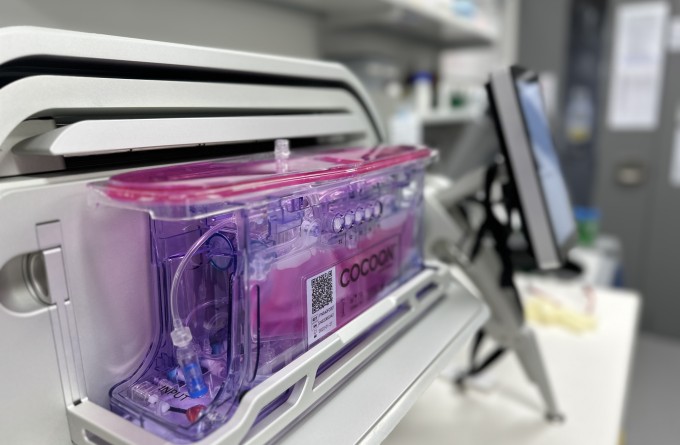
Significant milestone reached in first NZ CAR T-cell trial as preparations made for larger phase 2 registration trial
25 March 2024

RNZ: Engineering immune cells to kill cancer
5 November 2023

BioOra appoints CAR T-cell therapy pioneer, Professor Carl June to Board
31 October 2023
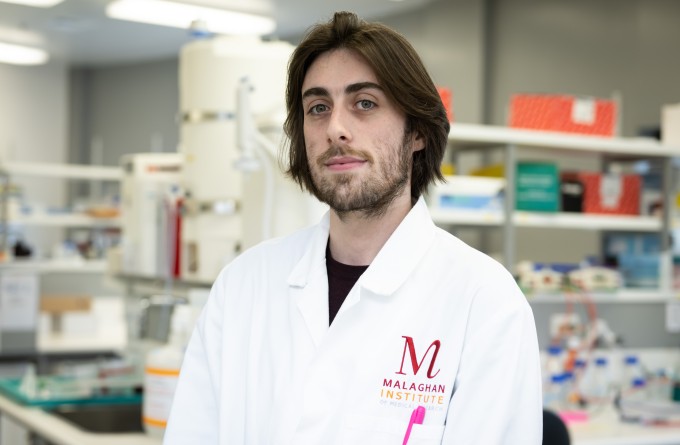
In Focus: Mastering the technology behind automated CAR T-cell manufacture
14 September 2023
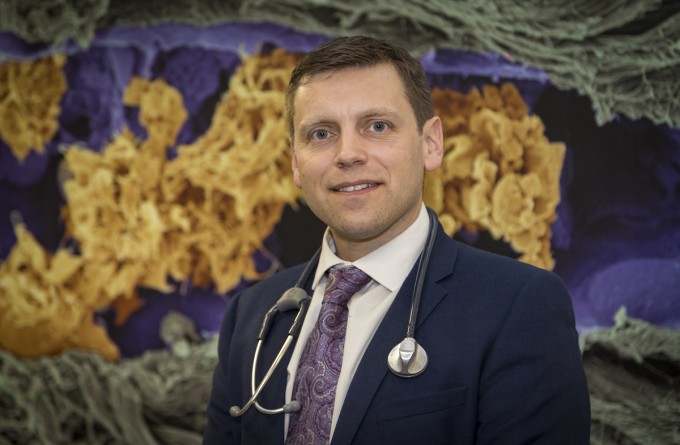
RNZ: New Zealand developed cancer treatment one step closer to market
17 May 2023
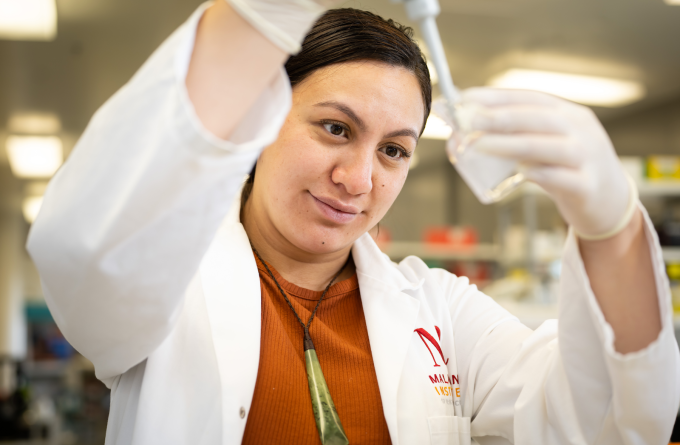
Malaghan PhD student receives Māori Cancer Researcher Award
28 April 2023

